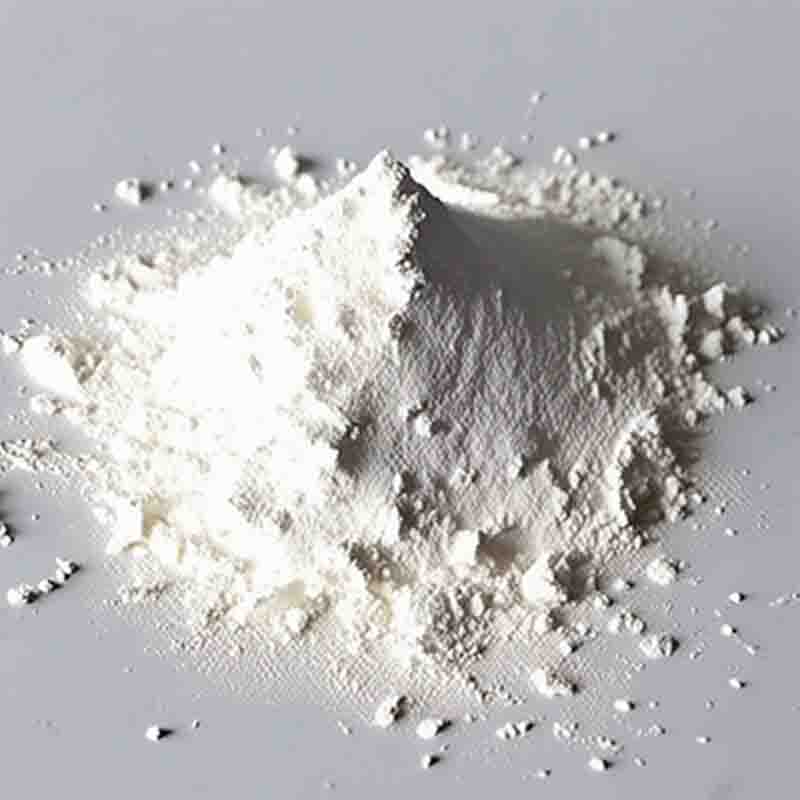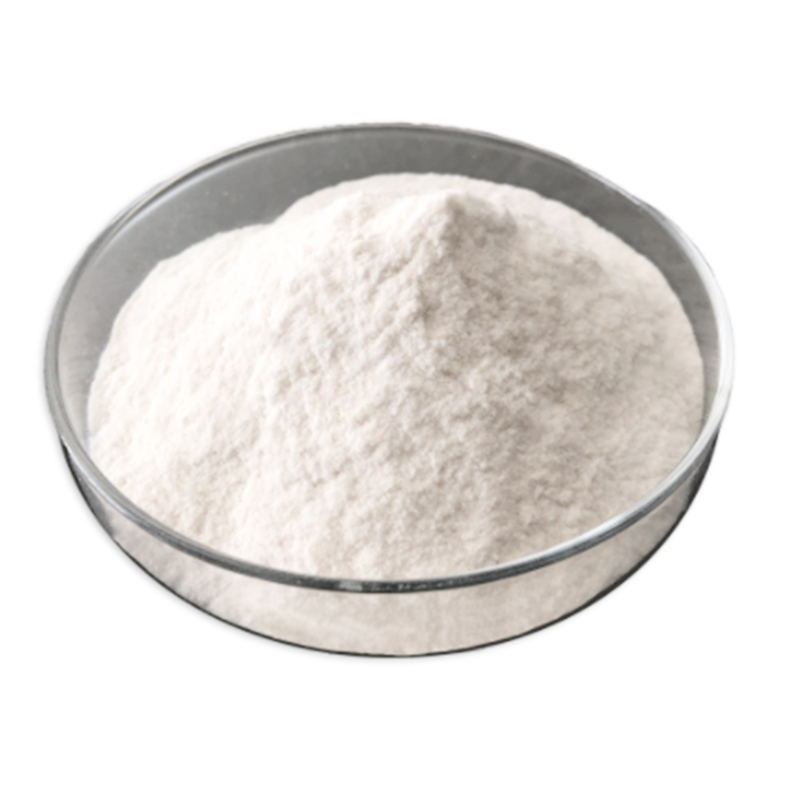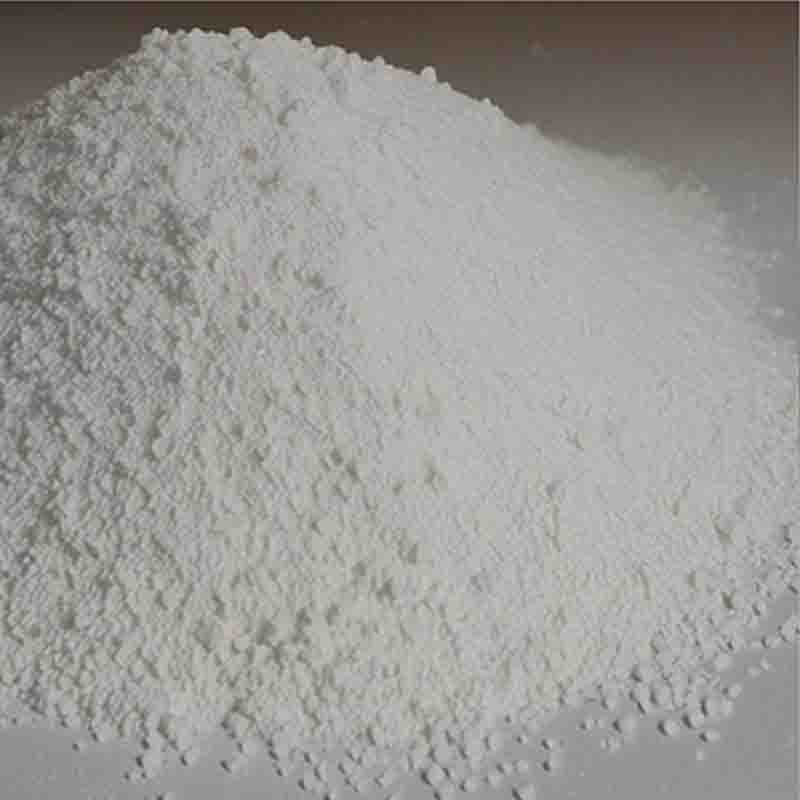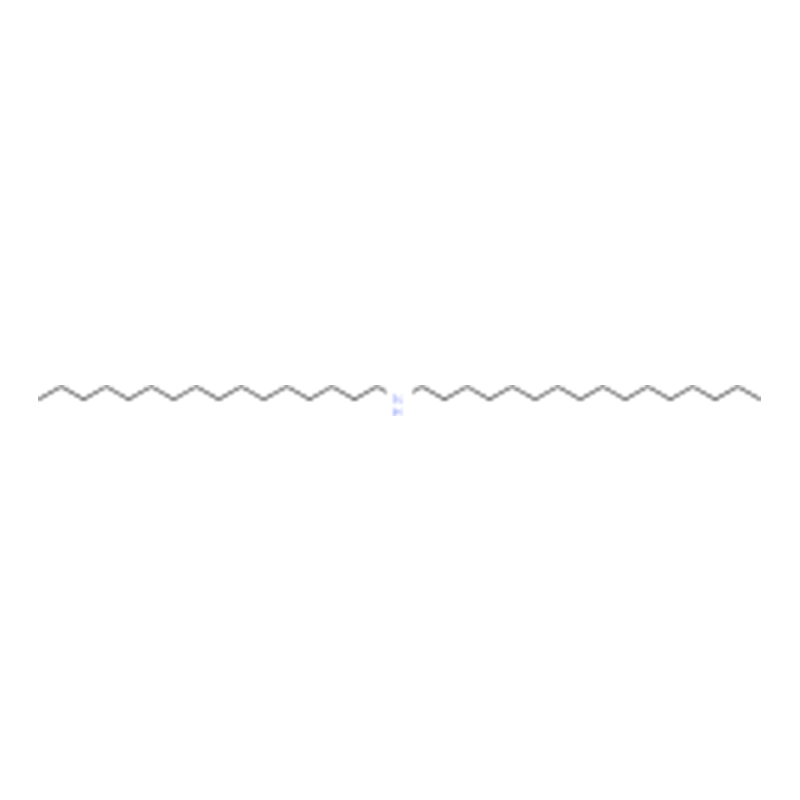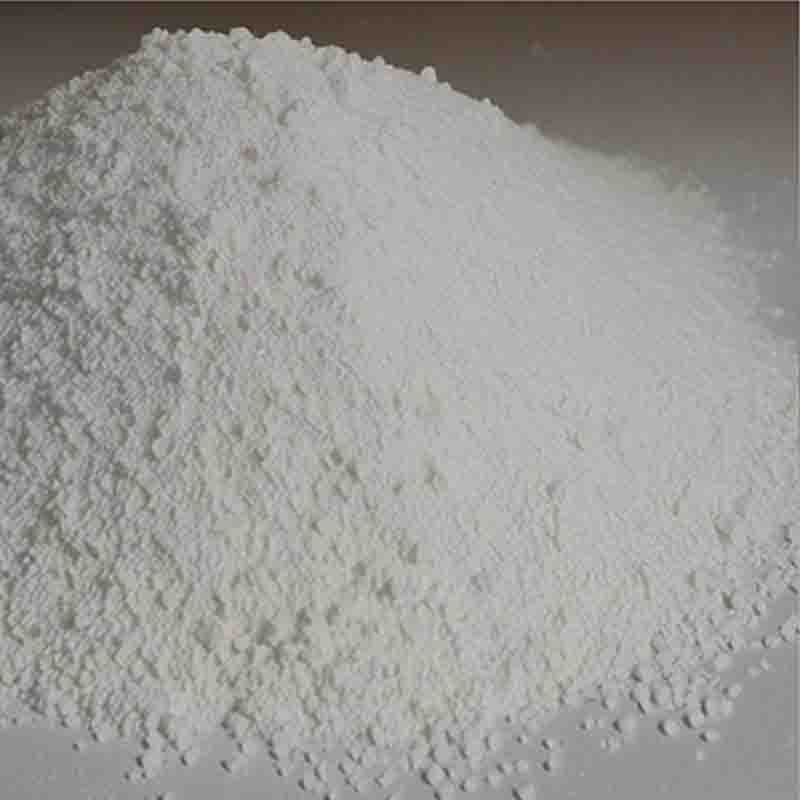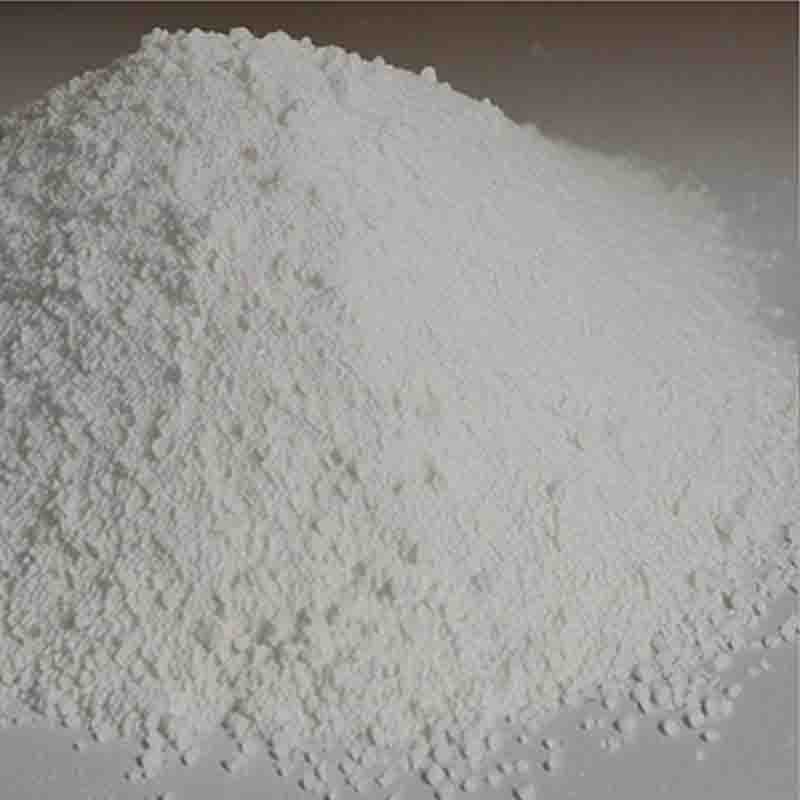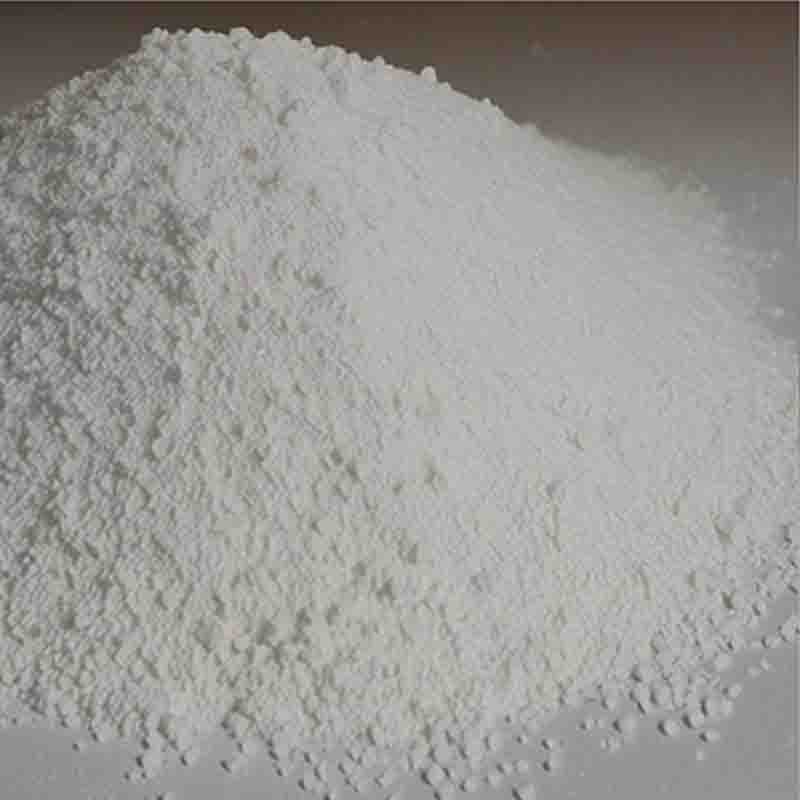dipropyldisulfide CAS:629-19-6
| Catalog Number | XD96402 |
| Product Name | dipropyldisulfide |
| CAS | 629-19-6 |
| Molecular Formula | C6H14S2 |
| Molecular Weight | 150.31 |
| Storage Details | Ambient |
Product Specification
| Appearance | White powder |
| Assay | 99% min |
Dipropyldisulfide is a chemical compound with the molecular formula (C3H7)2S2. It belongs to the class of organic sulfur compounds known as disulfides, which are characterized by the presence of a sulfur-sulfur bond (-S-S-) in their structure. Dipropyldisulfide is commonly found in various natural sources, including garlic, onions, and other Allium species.Garlic has been used for centuries in traditional medicine for its potential health benefits. It has been suggested that dipropyldisulfide, along with other sulfur-containing compounds found in garlic, may contribute to its therapeutic properties. Research has shown that dipropyldisulfide exhibits antioxidant, antimicrobial, and anti-inflammatory activities, among others.As an antioxidant, dipropyldisulfide has been found to scavenge free radicals and protect cells against oxidative stress. This property may contribute to its potential health benefits, including reducing the risk of chronic diseases such as cardiovascular diseases and certain types of cancer. However, more research is needed to fully understand the specific mechanisms and effects of dipropyldisulfide as an antioxidant.Dipropyldisulfide also possesses antimicrobial properties. It has been shown to inhibit the growth of various bacteria, including those responsible for infections in the gastrointestinal tract and respiratory system. These antimicrobial effects make dipropyldisulfide a potential candidate for the development of natural antimicrobial agents.Additionally, dipropyldisulfide has demonstrated anti-inflammatory activity. Inflammation is a natural response of the immune system to injury or infection, but chronic inflammation can contribute to the development of various diseases. Studies have suggested that dipropyldisulfide may help modulate inflammatory processes, potentially reducing the risk of inflammatory conditions.It is worth noting that while dipropyldisulfide shows promise in various areas, more research is necessary to fully understand its effects and potential applications. Further investigations are needed to determine optimal dosages, delivery methods, and potential adverse effects.In conclusion, dipropyldisulfide, as a constituent of garlic and other Allium species, exhibits antioxidant, antimicrobial, and anti-inflammatory activities. These properties may contribute to potential health benefits, but further research is required to fully elucidate its effects and applications.


